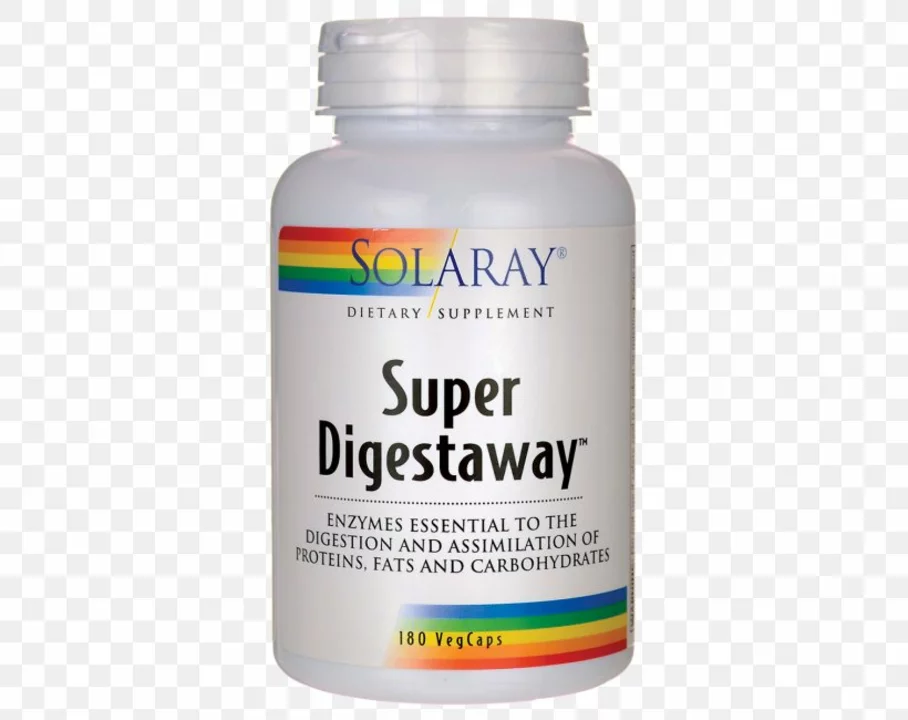Ciguatera: Causes, Symptoms and What to Do
Ciguatera is a food poisoning you get from eating certain reef fish that carry a natural toxin. The toxin comes from tiny algae called Gambierdiscus that grow on coral and seaweed. Fish concentrate the toxin up the food chain, so big predators like barracuda, grouper, snapper and amberjack pose the highest risk. You can't taste, smell, or cook the toxin away — heat and freezing don't destroy it.
Symptoms usually start within a few hours but can show up later. Early signs are nausea, vomiting, diarrhea and belly pain. Neurological symptoms are what makes ciguatera different: numbness, tingling, a weird reversal of hot and cold sensations, muscle aches, and joint pain. Some people also get dizziness, headaches and a fast or slow heart rate. Most symptoms ease over days to weeks, but some neurologic effects can linger for months.
What to do if you suspect ciguatera
If you or someone in your group develops sudden vomiting and strange nerve feelings after eating reef fish, see a health professional right away. There's no single lab test a doctor can run quickly, so diagnosis is usually based on what you ate and your symptoms. Treatment focuses on relieving symptoms: doctors may give IV fluids for dehydration, medicines for nausea and pain, and monitoring for heart or breathing problems. Some people benefit from neuropathic pain meds or certain pain relievers — that choice is up to a clinician.
Avoid home remedies that promise a cure. Despite rumors, things like vinegar, alcohol, or extended cooking won't help. Also avoid alcohol, fish, nuts and caffeine for a few weeks after getting sick; these can trigger a relapse of symptoms. Report the illness to local public health authorities if possible — it helps track outbreaks and prevents others from getting sick.
How to reduce your risk
Simple habits cut the risk of ciguatera. Avoid eating large reef predators and big, old fish from tropical reef areas. When traveling, ask locals which fish are safe and stick to small, known-safe species. If you have doubts about a catch, skip it — it's not worth the risk. Commercial fish sold in regulated markets are less likely to contain ciguatoxin, but caution still helps.
Finally, protect vulnerable people first. Children, pregnant or breastfeeding people, and older adults respond worse to severe dehydration and heart issues. If they eat suspect fish and feel ill, get medical help fast. Ciguatera can be unpleasant and scary, but with quick care most people recover. If you want more practical guides on symptom relief, reporting outbreaks, or safe fish choices, check our other posts here on AffordableRxMeds.
Some people get long-term nerve problems like tingling or memory fog. If symptoms last more than a month, ask your doctor about referrals to a neurologist or a specialist in travel-related illnesses. Keep a food and activity diary — certain foods, alcohol or heavy exercise may bring symptoms back. That log helps your doctor treat you better. Take notes daily.
Ciguatera: The Game-Changing Dietary Supplement Everyone is Talking About
I've been hearing a lot of buzz about Ciguatera, a game-changing dietary supplement that everyone seems to be talking about. From what I've gathered, it's sourced from a natural toxin found in some fish and has been used for centuries in traditional medicine. People claim it offers numerous health benefits and helps combat various ailments. I'm eager to dive deeper into the science behind Ciguatera and explore its potential benefits for myself. Stay tuned for my upcoming blog post, where I'll share my findings and personal experience with this fascinating supplement!
Read More
